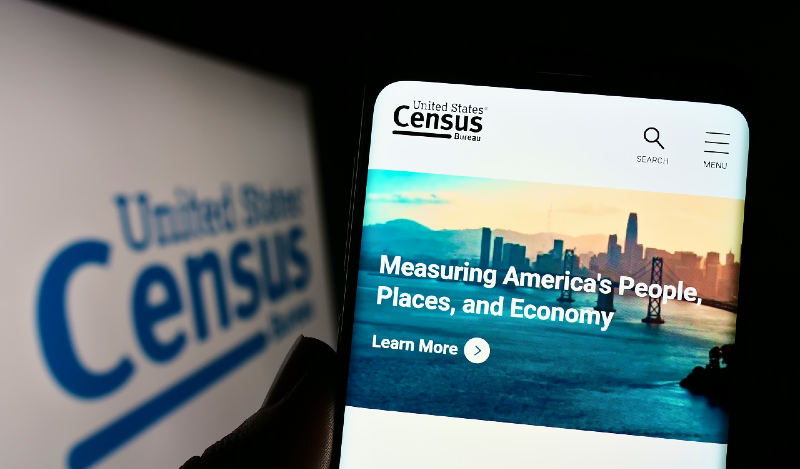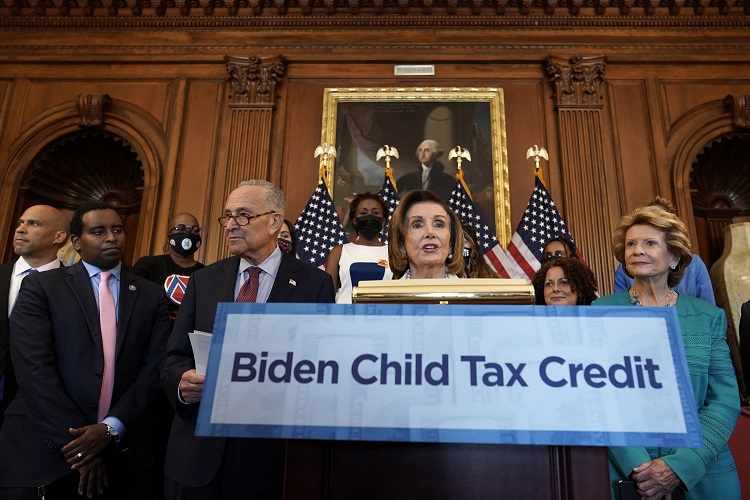
September 10, 2024
America is Still Working
Sometimes it seems like Americans can’t decide whether we work too much or too little. We hear that because of rising inequality and a lack of good jobs, workers must toil too many hours at wages too low to support a family. By other accounts, the machines— if not robot overlords, then at least their…

September 10, 2024
Event: New Census Data on American Families’ Economic Well-Being
Event Summary On September 10, AEI’s Center on Opportunity and Social Mobility gathered leading experts to analyze the new poverty and economic numbers from the US Census Bureau for 2023. AEI’s Kevin Corinth began by summarizing the data’s main findings. Median household income rose, and the official poverty measure (OPM) showed that poverty declined while…

August 28, 2024
Race, Ethnicity, and Measurement Error
Abstract Large literatures have analyzed racial and ethnic disparities in economic outcomes and access to the safety net. For such analyses that rely on survey data, it is crucial that survey accuracy does not vary by race and ethnicity. Otherwise, the observed disparities may be confounded by differences in survey error. In this paper, we…

August 28, 2024
Some Context Behind JD Vance’s Child Tax Credit Comments
Recently, GOP Vice Presidential nominee JD Vance said on Face the Nation “We should expand the child tax credit… I’d love to see a child tax credit that’s $5,000 per child.” He further proposed that the expanded credit be extended to “all American families,” emphasizing disparities in the availability of the current child tax credit…

August 26, 2024
Vouching for Self-Sufficiency
It’s hard to sympathize with the Parkoff Organization, the New York real estate firm that owns some 4,000 apartments across the city. According to a new lawsuit, housing “testers” caught the group discriminating against potential tenants whose rent would have been subsidized by housing vouchers. The Fair Housing Justice Center (FHJC), which brought the suit, claims that Parkoff…

August 22, 2024
Active Fathers Are Exacerbating the Two-Parent Privilege
Fathers today are doing more than ever. Not only are they taking on more housework—doing laundry, cooking, and cleaning—but they are more involved with child care as well. They help with homework and serve as chauffeurs, coaches and role models. Fathers with young kids spend, on average, nearly two hours a day caring for their kids. The division…

August 20, 2024
The Robots Are Going to Take These Jobs. Thank Goodness.
Today, The Verge profiled a new Tesla project aimed at training robots for routine materials movement. The company is hiring workers between 5’7” and 5’11” to move 30-pound packages while wearing sensor arrays and virtual reality goggles. These workers will provide the motion capture data to train Tesla’s Optimus robots, which will eventually begin taking over this…

August 7, 2024
A Bipartisan Solution to the Child Tax Credit Impasse
Last week, the Senate rejected a child tax credit revision that had bipartisan House support. It would have enabled more of the credit to be refundable to families with no employment income. Republican senators voted against it because they believed that providing unconstrained income to poor households would reduce their work effort. This was one of…

August 2, 2024
Democrats’ Automatic Stimulus Proposals Undermine the Administration’s “Strongest Economy” Claims
Today’s US jobs report finds the nation’s unemployment rate increased to 4.3 percent in July. According to a measure often cited by liberal policymakers, that suggests the US has entered a recession, undercutting President Biden’s boast just last week that the US has “the strongest economy in the world.” That grinding contradiction is only reinforced…

August 1, 2024
Two Outrageous Bills Kamala Harris Sponsored Would Crush Taxpayers
As a U.S. senator, Vice President Kamala Harris had a remarkably slim record of accomplishments, shepherding only a handful of minor resolutions across the finish line. But that’s far from the last word on her legislative record. In fact, two bills she introduced (that went nowhere) may best define her past, and potential future, priorities…